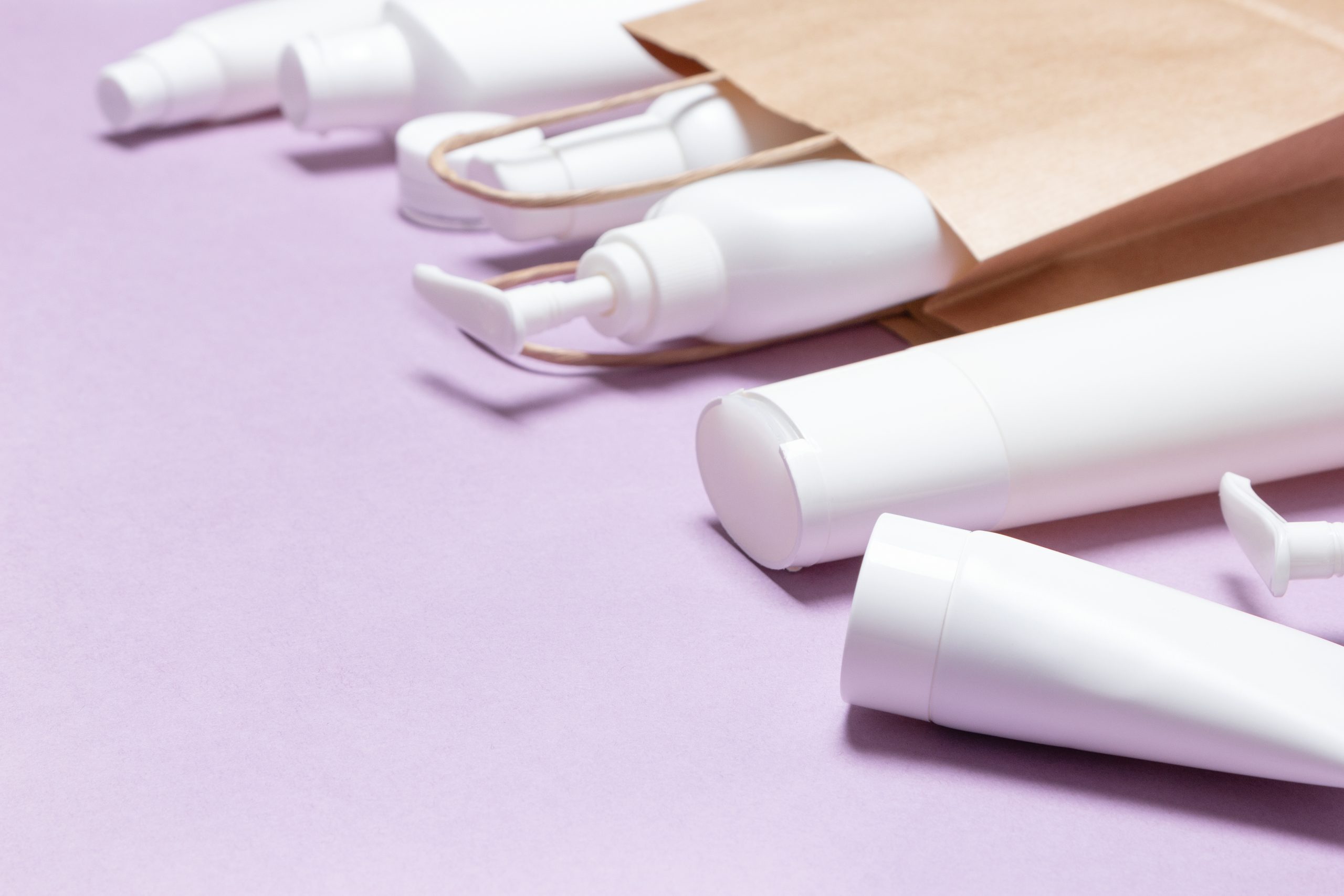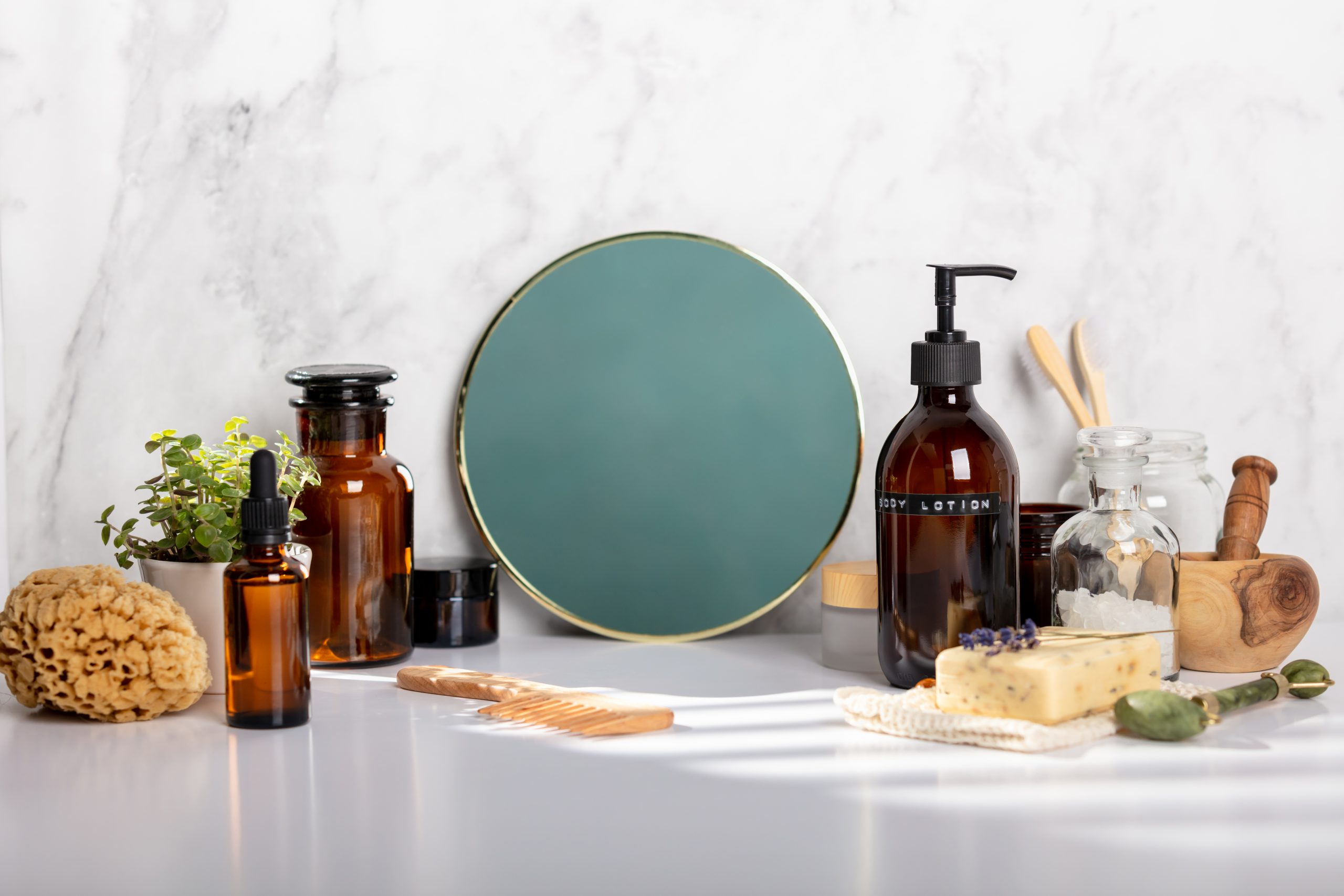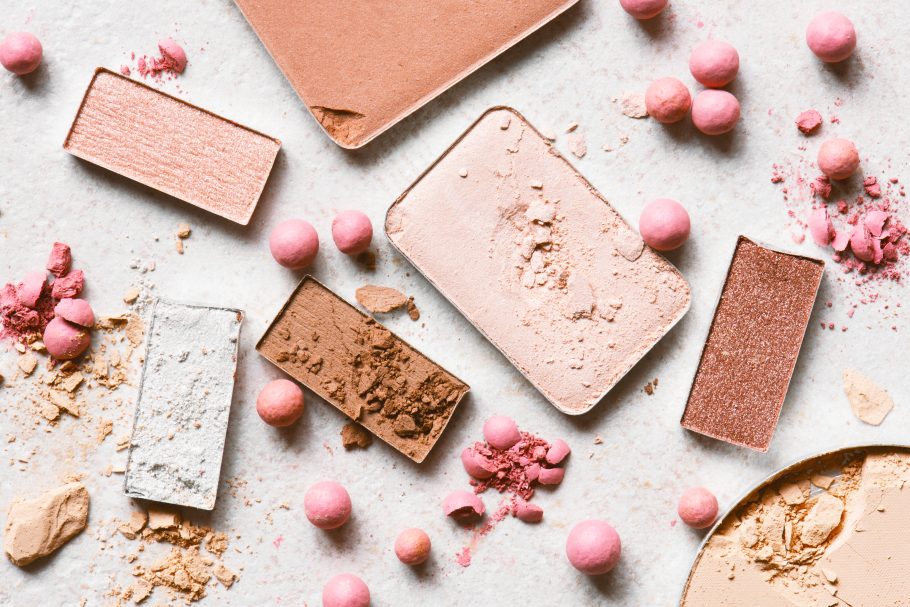For the last couple of decades, the cosmetic industry has grown rapidly, and with the rise in e-commerce, more and more newcomers and rising stars and being attracted all of the time. And now, with countless outsourcing manufacturers located all over the world, it has become much easier for entrepreneurs to build their own cosmetic line-up and join the industry, even if only on an individual level.
In this article, we are going to be looking at OEM and what it means within the cosmetic industry. Following that, we’ll look at a few pros and cons to building your own cosmetic company and using an OEM to help you.
What is cosmetic OEM?
Without further ado, what is cosmetic OEM and what does it mean?
OEM is an acronym for ‘Original Equipment Manufacturer’. In essence, an OEM is a company that manufactures parts of and/or entire products in private labels for other brands and companies to market for themselves.
For example, BMW is an automotive OEM that manufactures cars, which are then picked up by a multitude of independent dealerships for distribution.
In the cosmetic industry, an OEM is no different. In fact, the majority of the cosmetic products that you see in the market today were originally manufactured by an OEM company, upon request. Naturally, trying to run a cosmetic brand and market to your customers whilst managing and operating a factory is no simple task. This is why many people leave the manufacturing to the professionals instead.
This is a very effective system as it allows factories to keep their production lines busy, whilst also benefiting a number of other brands as well.
In addition to that, this system makes access to the industry easier for those who perhaps do not have a great deal of money to invest in a start-up. With an OEM, they can save a great deal of money and focus on marketing their products instead of manufacturing them.

What does OEM mean in cosmetics?
In cosmetics, an OEM is a specific company that produces various makeup and cosmetic products for private label companies. In other words, you would work with them directly to design and produce your own makeup line, which they will then label under your brand for you to bring to market.
What is the difference between OEM and ODM?
So, what is the difference between an OEM and an ODM?
An ODM is a company that designs and manufacturers a certain product. In the cosmetic industry, ODM’s tend to market themselves as “taking care of everything”, when in actuality, they simply rebrand existing products of their own for their client companies to market for themselves.
You may often find when browsing on Amazon, for example, that many products look exactly the same but have a different brand print. This is a clear sign that they have likely come out of the same ODM company—which is common in cosmetics.
An OEM however, is a company that doesn’t simply rebrand their existing products but can design and manufacture a brand-new product especially for you instead.
What are the benefits of using an OEM company in cosmetics?
- Increased profits: In the cosmetic industry, product manufacturing costs for OEMs are often kept between 20-30% of the retail price, however, it can go down even further to 10% or less. So for example, if you sell a product at $50 then it’s fair to assume that it cost some $10-15 per unit to produce. In any case, there’s excellent potential for higher profit margins.
- Flexibility and originality: Using an OEM to produce your cosmetics gives you great freedom to produce items that many never have been thought of before. For example, you may identify certain types of products that your audience would want but may not have access to. Using your OEM, you can anticipate these needs and have them produce original, unique, and flexible products.
- Intellectual property: When creating your own cosmetic brand, you get to keep all of the property rights associated with your designs and products. And since you will own the rights to the products and concepts produced by your OEM, you can have full control over them.

What are the cons of using an OEM company in cosmetics?
- High initial costs: In the early stages of starting a cosmetic company, finding an OEM and negotiating an initial deal is no simple task. You will need to invest in a large number of units in order to fulfill orders and get the ball rolling. Once you are established, this initial set-up cost will be insignificant. However, in the early stages, it can feel like a tremendous investment.
- Inventory management complications: Getting to grips with inventory management is something you want to do as early as possible. It can be very difficult in the early stages of working with an OEM to get this process right. For example, you might order 3,000 units expecting them to last over three months and end up selling out in one. It’s challenging to find the optimal balance, but once you have, you’ll feel much more settled.
- Production limitations: There can be limitations when it comes to production, for example, your packaging may be different from how you imagined it. Working with an OEM isn’t all about freedom. Unfortunately, there are certain things that you might find limiting. For example, if you wanted to create unique packaging, it will likely end up costing much more than you’d anticipated by the time you’ve paid for the unique design, heat stamps, and embossing.
Conclusion
And that about covers the definition of OEM in cosmetics and how they vary from ODM companies. OEM companies are the original manufacturers and designers of cosmetic products, but can also make custom products on request!
We hope that you have found this information helpful. Good luck!





